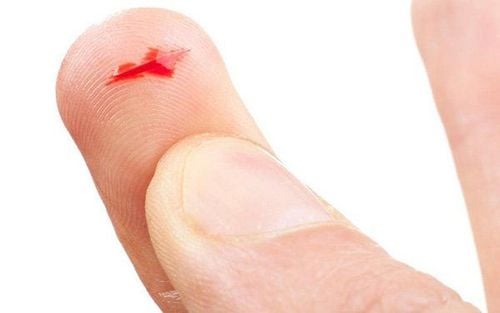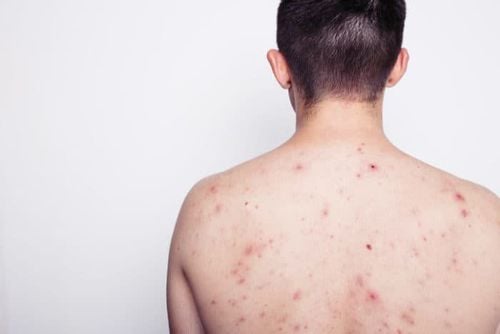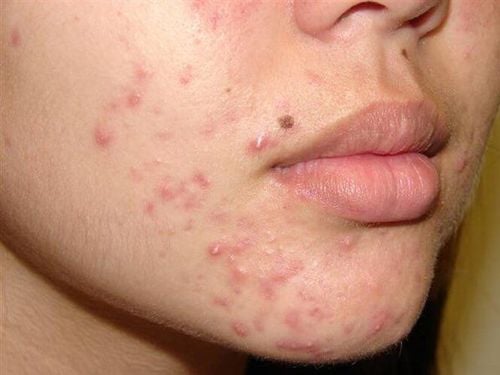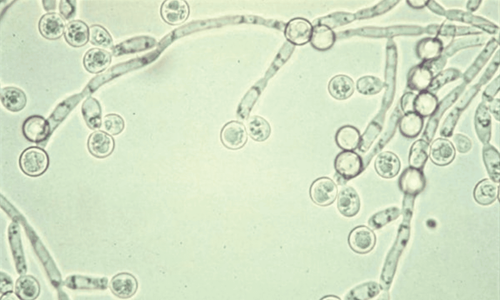This article is reviewed by Dr. Võ Hà Băng Sương - physician at the Examination & Internal Medicine Department - Vinmec International General Hospital in Phu Quoc.
HIV testing is the only method for definitively diagnosing a patient's HIV infection status, enabling patients to access treatment, care services, and prevent HIV transmission in the community.
1. Who Needs Counseling and HIV Testing?
Individuals who should be counseled and tested for HIV include those who intravenous drug use, engage in sex work, have same-sex relationships, transgender individuals, those with tuberculosis, anyone with sexually transmitted infections, pregnant women, spouses/partners/children of HIV-positive individuals, female relatives of HIV-positive children, individuals exposed to HIV, and those who have unsafe sexual relations with unknown HIV status drug users, as well as those infected with the hepatitis C virus, and patients with unexplained symptoms despite clinical examinations.
2. What is Confirmatory HIV Testing?
Confirmatory HIV testing, also known as supplemental testing, is a testing method used to confirm whether a sample is HIV positive or not. The assay used for confirmatory testing must have high specificity. Confirmatory testing for HIV is only conducted at authorized medical units by the Ministry of Health.
If an initial screening test for HIV antibodies returns a reactive result, clients must undergo confirmatory testing.
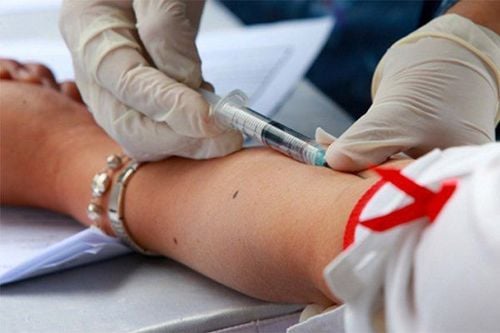
2.1. How Long Does It Take to Get Accurate Results?
It is challenging to determine exactly when a person was infected with HIV since it progresses chronically. In the early stages, symptoms can often be vague and resemble flu-like conditions, such as fever and fatigue, leading many to overlook them.
After HIV enters the body, it replicates silently for a period. Typically:
- In the first week, the virus spreads throughout the body. At this time, the virus can be detected in cerebrospinal fluid before detection in the bloodstream.
- In the subsequent 3 to 6 weeks, most exposed individuals show no significant symptoms, although some may exhibit early symptoms resembling a common cold, like fever, swollen lymph nodes, or red rashes that last briefly.
Thus, individuals suspected of HIV exposure can be tested approximately 4 to 6 weeks post-exposure. However, the most accurate results are obtained 2 to 3 months after suspected exposure.
Therefore, the best time for accurate HIV testing results is after the window period of 3 months. Nevertheless, health authorities recommend that individuals get tested as soon as possible after high-risk behaviors instead of waiting for the 3-month window period to elapse.
2.2. Confirmatory Tests for HIV Diagnosis
The diagnostic tests for HIV include two main methods: serological tests and molecular biology tests.
- Serological tests are typically applied to adults and children over 18 months and aim to detect the presence of HIV antibodies or antigens in the blood.
- Molecular biology testing is usually used for children exposed to HIV or those under 18 months with positive HIV antibody tests; cases that are difficult to diagnose using serological methods. This method helps detect the DNA/RNA of HIV in the blood or other secretions.
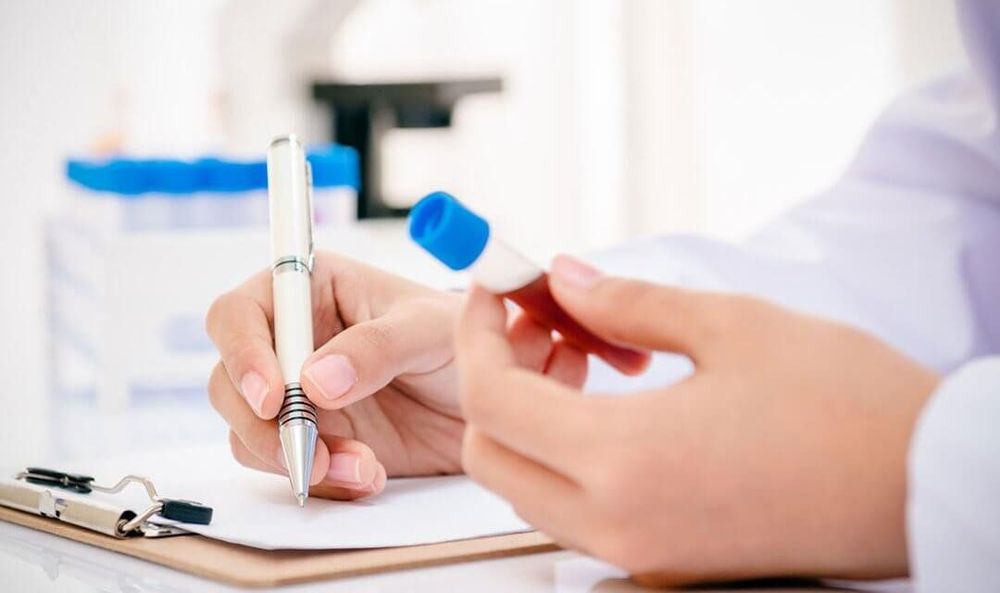
2.3. Test results
- Negative Result: Advising and informing the client that they are not infected with HIV. For clients suspicious during the window period, a retest is advised after 3 months. For high-risk clients, a follow-up test should be scheduled after 6 months.
- Indeterminate Result: It has not been confirmed whether HIV antibodies are present. Advise and inform the client that HIV infection status is not determinable and schedule a retest after 14 days.
- Confirmatory Positive Result: Counsel the client post-testing and confirm that they are HIV positive. Inform them of the result and refer them to an HIV treatment center and other suitable services.
Thus, HIV testing is essential when there is suspicion of exposure or early signs of HIV infection. It should be carried out at reputable hospitals equipped with modern technology and quality services, ensuring the testing is safe, accurate, and respects personal privacy.
Vinmec International General Hospital offers a Screening Package for sexually transmitted diseases that helps clients detect health issues early and ensures effective treatment to prevent dangerous complications. The screening package for sexually transmitted diseases at Vinmec is available for all ages, for both men and women.
To arrange an appointment, please call HOTLINE or make your reservation directly HERE. You may also download the MyVinmec app to schedule appointments faster and manage your reservations more conveniently.
To arrange an appointment, please call HOTLINE or make your reservation directly HERE. You may also download the MyVinmec app to schedule appointments faster and manage your reservations more conveniently.


